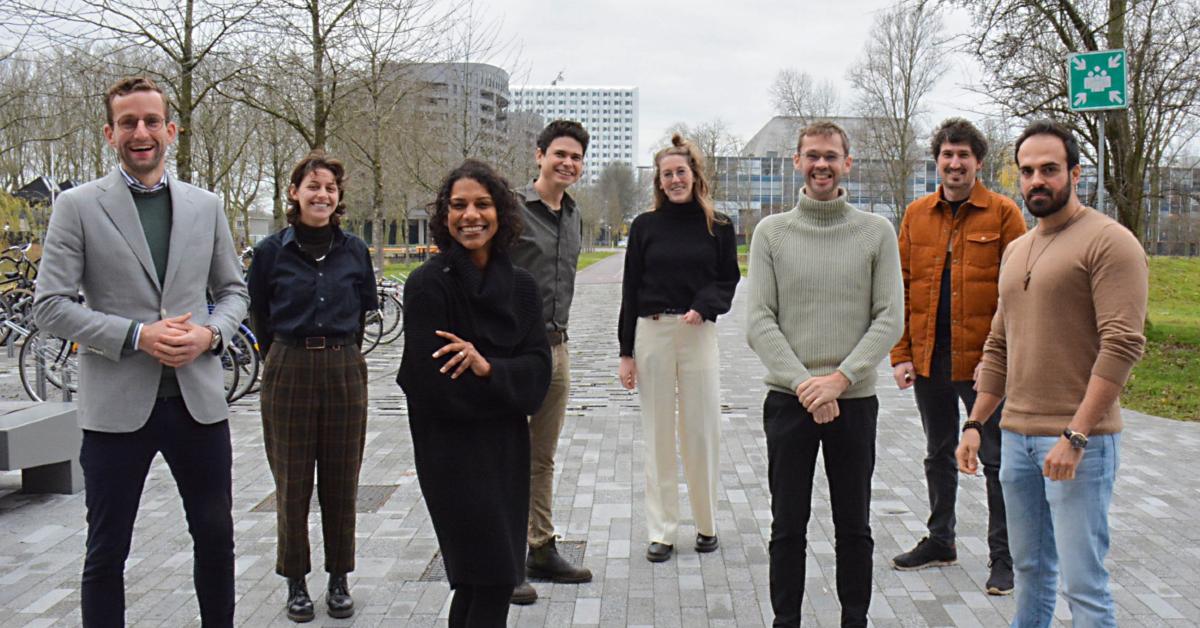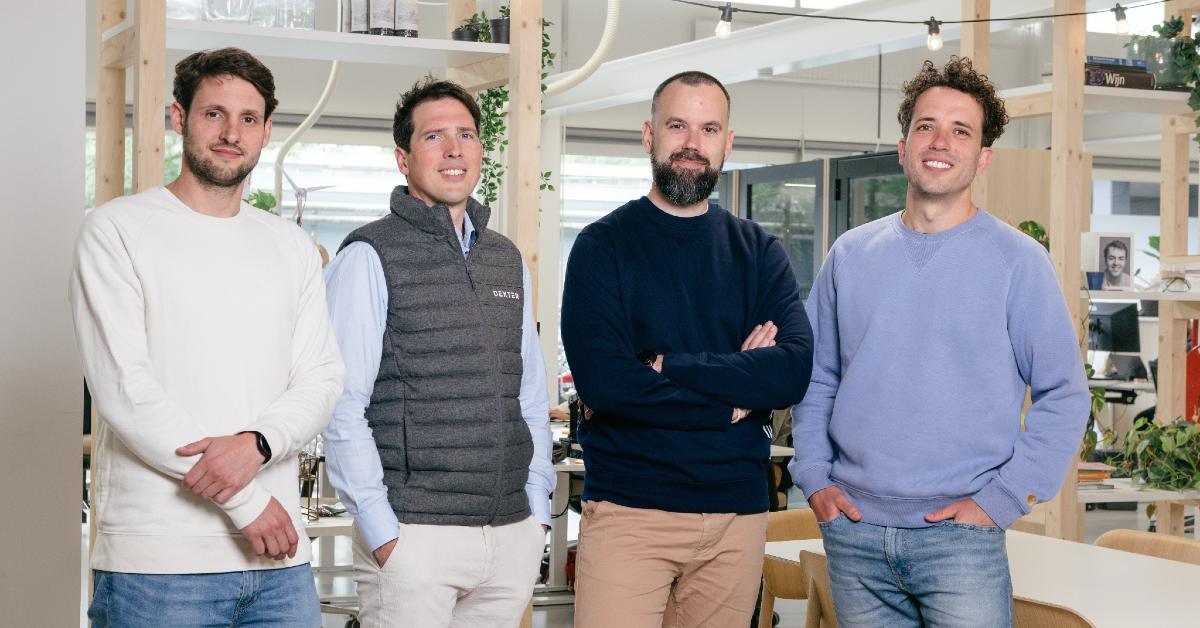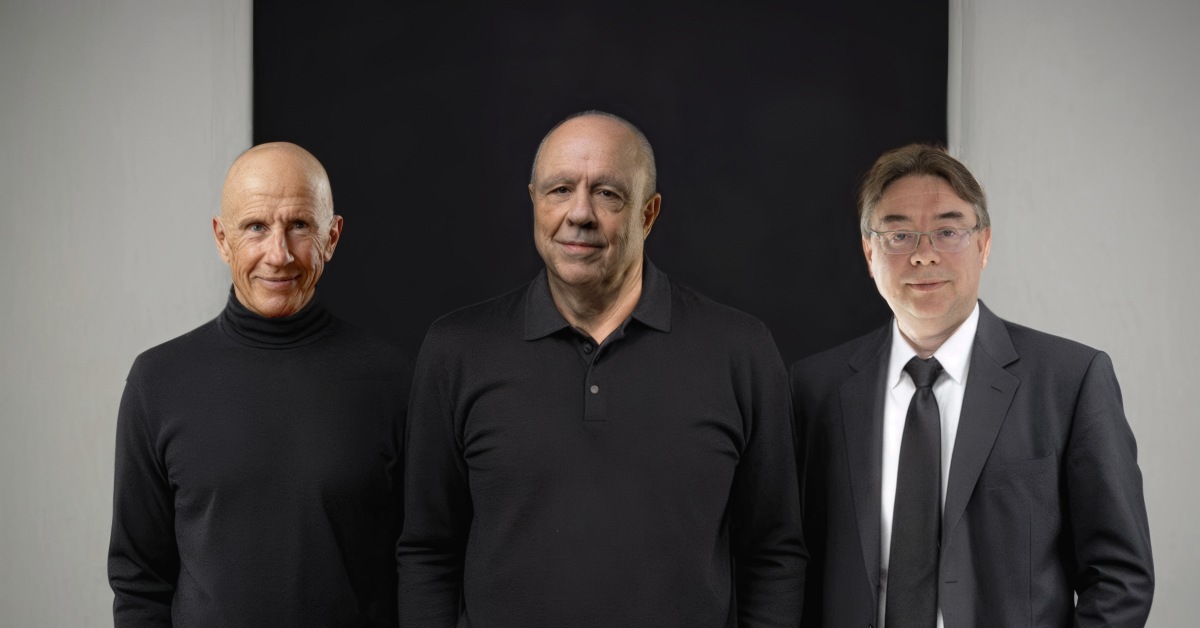Artificial intelligence (AI) is taking all the column inches recently, with story after story about generative AI tools which will take and transform jobs.
ChatGPT, which only launched in November 2022, has experienced the fastest growth in history for a consumer application. It took the platform just two months to reach over 100 million users.
The next iteration launched in March of this year; GPT-4. According to Grand View Research, it is “expected to have applications across various languages applications, including text summarization, grammar correction, language translation and classification, chatbots, and code generation.”
But will it take your job? The World Economic Forum (WEF) estimates 97 million new jobs will emerge by 2025 to enable humans and machines to work together. However, the WEF tempers this with the prediction that 85 million jobs will either decrease in impact, or disappear as a result of increased automation.
Cloud jobs are in growth
Unsurprisingly, given that the cloud and AI tools often work together synergistically, enabling powerful and scalable applications and services, cloud roles are hotly tipped for future prominence.
Already, thanks to the rapid pace of digital transformation, which was a side-effect of the pandemic, Gartner says that due to the Covid-19 crisis, the worldwide end-user spending on public cloud services grew 18.4% in 2021 to total $304.9 billion.
Additionally, KPMG predicts that spending on cloud services in Europe will reach €300 to €500 billion by 2027.
Cloud Solutions, a dynamic software company, is hiring a Senior Front-End Developer to be responsible for developing responsive and accessible front-end applications for customers, working closely with the development team.
You’ll need a Bachelor’s or Master’s degree in computer science, or a related field, as well as a minimum of five years’ of experience in front-end development, in-depth knowledge of HTML, CSS, JavaScript and frameworks such as Angular or React, as well as experience working with APIs and back-end systems.
When it comes to other jobs and sectors that are growing, data expertise is a key area. The European Commission estimates that by 2025, data experts in Europe will reach 10.9 million––compared to 5.7 million in 2018.
We are set to see more roles for data scientists and analysts, as well as for data storage and processing, as these professionals parse, analyse and extract insights from this data for decision-making and business optimization.
A Data Scientist role is currently open at BEBR in Groningen. You will analyse raw data: assessing quality, cleansing, structuring for downstream processing, design accurate and scalable prediction algorithms, collaborate with the engineering team to bring analytical prototypes to production and generate actionable insights for business improvements.
A Bachelor’s degree or equivalent experience in a quantitative field is required, as is at least two years’ of experience in quantitative analytics or data modelling, plus a deep understanding of predictive modelling, machine learning, clustering and classification techniques, and algorithms.
DevOps roles are also experiencing growing demand. Professionals who can bridge the gap between development and operations, are needed. As DevOps’ focus is on automating software delivery, infrastructure provisioning, and monitoring in cloud environments, their role is pivotal.
IBM has an opportunity for a DevOps Engineer in the UK. You’ll work in the IBM Client Innovation Center (CIC), delivering deep technical and industry expertise to a wide range of public and private sector clients around the world.
You’ll need experience in Continuous Integration (Jenkins, GitOps), containerisation, such as Docker and Kubernetes, knowledge of cloud platforms and you’ll be familiar with Infrastructure as code, using tools such as Terraform, Puppet, Ansible, and Chef.
With a large-scale move to the cloud comes an increased need to keep that data secure. Information security and cybersecurity professionals will be needed to ensure the security and compliance of cloud infrastructure. Developing and implementing security measures, they will help to protect information and prevent cyber threats.
If you work in the sector, then this Cybersecurity Expert job at Siemens AG in Erlangen may appeal. You’ll ensure efficient cross-product cybersecurity processing by best-practice sharing across projects, and enabling of other cybersecurity experts within projects.
You’ll need a degree as well as knowledge in security assessments of IT systems, and threat and risk-based evaluation of protection controls. General knowledge of cybersecurity standards (IEC 62443, ISO27001, NIST) and relevant certifications to prove your topic matter expertise are also a necessity.
Discover your perfect cloud role on the Silicon Canals Job Board now










01
From telecom veteran to Dutch Startup Visa success: The Jignesh Dave story